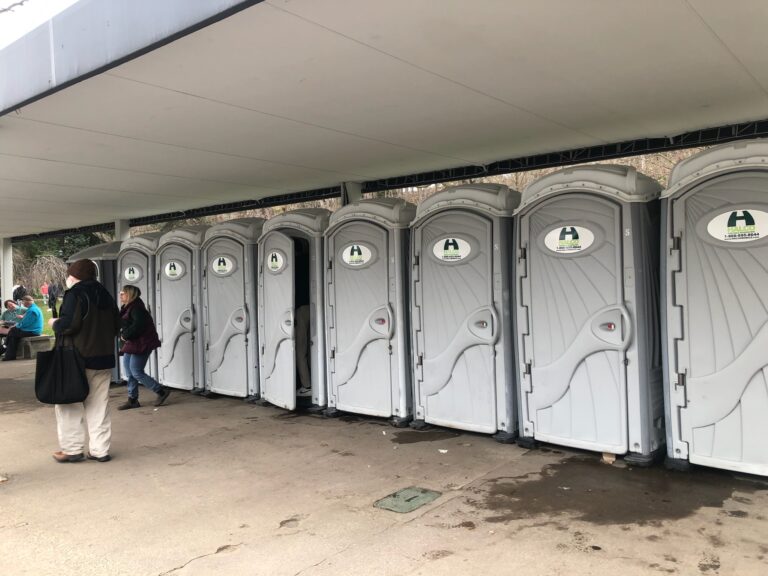Dear editor:
After reading NOTL Hydro president Tim Curtis’s guest column about how the utility is preparing for the future of electric cars, I was left with a feeling of amusement, (“The future is electric vehicles and NOTL Hydro is getting ready,” Jan. 19).
I am not going to debate whether gas-powered vehicles are a thing of the past as stated in the article. I will address the article itself and statements made.
According to B.C. Hydro, a level 1 charger uses a standard 120-volt outlet and a one-hour charge is enough for a vehicle to travel about eight kilometres. It typically takes 12 to 20 hours to fully charge a battery.
A level 2 charger uses a 240-volt outlet (much like your home dryer) and a one-hour charge will power a vehicle for about 30 kilometres.
It takes six to 14 hours to fully charge a battery and this type of charger is most commonly found in homes.
The fastest level 2 charger I could find online is from HWISEL and uses 80 amps and delivers 19.2 kw of power. This is far greater than the 7kw average of power quoted in the article.
As technology for charging advances the use of only 7kw of power will be like using dial-up service for an internet connection.
The article begins by stating NOTL Hydro is ready for electric vehicles and ends by commenting about when, or more specifically, what time of day, you will be able to charge your vehicle without penalty to keep up with demand will be the norm.
According to the time requirements, using a level 1 or 2 charger how are you going to be able to charge your vehicle in a specified time period and also be able to go to work, drive your kids to school or practice or games, and what happens if you work night shifts?
Most homes these days have two vehicles. How will they charge their vehicles?
Mr. Curtis makes no mention of how NOTL Hydro will provide enough power for local businesses such as hotels that add charging stations or any outside company that provides this service.
A level 3 charging station can cost up to $100,000 each and require the power supply of a typical hotel. There is no mention whether our brilliant government will mandate that farmers use electric tractors.
Where is all this power going to come from and at what cost – and at what environmental cost?
For the time being I believe NOTL Hydro should first fix existing problems.
As any longtime resident will agree, anytime we have a windy day we wonder if power will go out. As a result, many people in my neighbourhood in St. Davids have purchased natural gas back-up generators, especially since we are on grinder pumps for our sewage system.
After reading the article, if indeed we have no choice but to go to electric vehicles, buy yourself a natural gas generator to charge your vehicle.
Anthony Orsini
St. Davids










